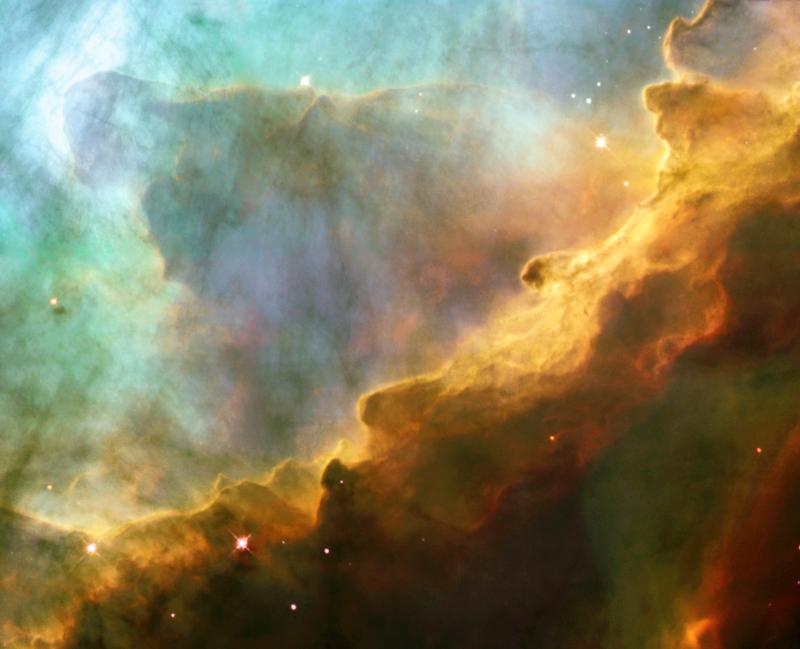Black Hole Catapult
By BellatrixIt is now generally accepted in the astrophysics community that at the center of nearly all galaxies lays a super massive black hole. However, there exists a theory about black holes that could change that. The theory, derived from Einstein’s General Theory of Relativity, says that if two black holes were to merge, gravitational waves would fly out in one direction, kicking the black hole in the opposite direction like a recoil. The theory sounded interesting but no one had ever observed two black holes merging, let alone a black hole recoiling. The possibility of two massive black holes merging was also just theory, as you can imagine it’s hard to observe two invisible things crashing into each other.
Well a team from the Max Planck Institute for Extraterrestrial Physics (MPE) has, for the first time, witnessed these events. The team witnessed a recoiling black hole moving at a very high speed of 2650 kilometers per second! Because of the tremendous power of this recoiling effect the black hole was catapulted from its parent galaxy. The astronomers were able to track it by the gas, or accretion disk, moving with the black hole; and also by the excited gas that was left behind.
This new observation has many implications. It brings this process from the world of just theory to the world of actuality. It not only tells us that these “super kicks” happen but also that black holes do merge, and lends support to the theory of gravitational waves, which have yet to be directly observed. This also means that there are galaxies out there without a super massive black hole at the center. That fact raises questions about the role or dependence on the central black hole and galaxy formation. Is the black hole there at the start of the galaxy? Is it needed for the galaxy to evolve normally? And what effect does it have on the host galaxy when it looses its black hole?
Astrophysicists, observers and theorists alike, are invigorated to start trying to answer some of these questions. Both earth and space based telescopes will be set to try and detect more of these events, and work is being done to get gravitational wave detectors working. Theorists will also be getting going on more details of these types of events with the help of computer simulations. Weird to think there might be these super massive black holes just floating around out in between the galaxies, lurking there, possibly waiting for a future spacecraft to fly right in.
